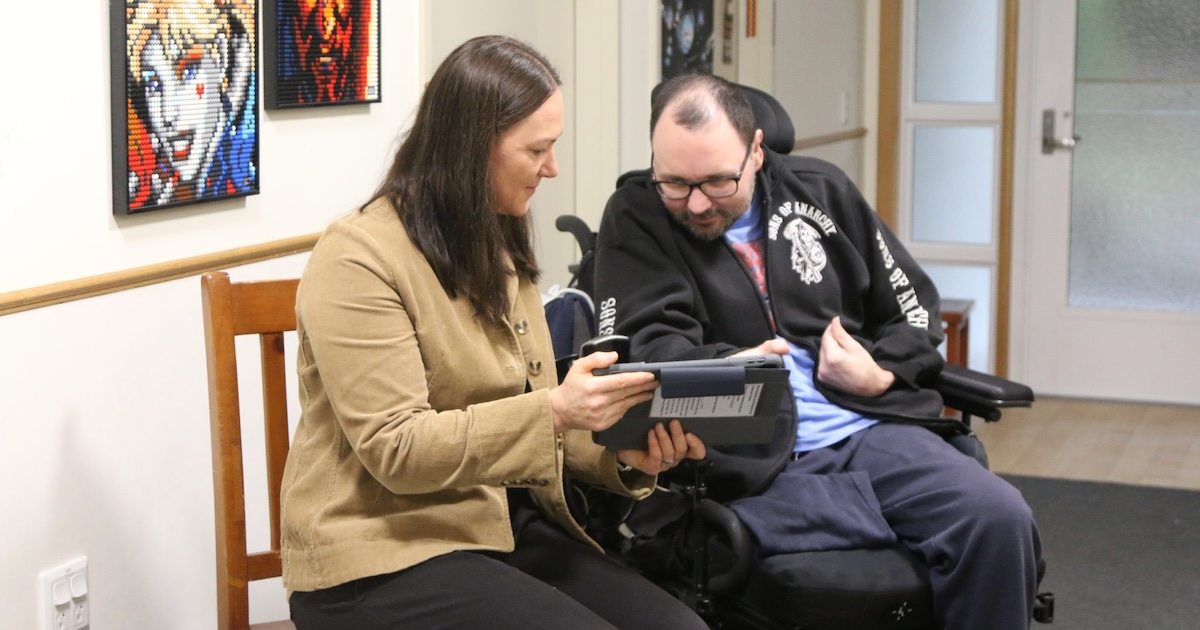In keeping with its commitment to the ongoing improvement of patient experience and in attempting to rebuild trust following last year’s scandal, HealthEngine has created a new advisory group.
HITNA reported, mid-last year, that the future of the organisation appeared uncertain after patients and doctors rose to condemn its privacy practices and its operations came under review for possibly funnelling private patient information to legal firms searching for personal injury cases.
In order to restore the public’s confidence in HealthEngine, the organisation has since been making “substantial changes” to its business model and company direction.
HealthEngine Founder, CEO and Medical Director Dr Marcus Tan told HITNA that in ensuring the interests of practices and patients remain top priority, the newly formed advisory group will consult on both macro and micro levels of the HealthEngine business and the industry it operates in.
In addition, the group will aim to provide independent industry guidance and counsel on business strategy, product direction and services, strategic issues and perceived risks around digital healthcare.
“We’re at a point in healthcare now where people were with online banking and ecommerce. Everyone is nervous about having their health information online. The broader conversation is around people understanding the benefits of digital health; and that’s the purpose of this group,” he said.
“We need to reach the point where the benefits of digital far outweigh the risks and it’s our role to educate patients and industry.”
Tan said the focus could be on specific technologies and products in development, and identifying areas of opportunity or concern for the broader healthcare industry.
“Advisory groups exist to provide more diversity of industry and consumer perspective. Our constituents aren’t just GPs anymore; our expansion into allies, dental and specialist warrants more views from those parts of the health sector,” he said.
“This group was created to address industry issues that go beyond just the practice level, like policy. Just seeing where the pain points are when it comes to patient experience is valuable for our industry. Initiating these conversations is important to us, instead of having them swept under the rug.”
Tan identified two key areas of concern where the working group can play a vital role:
The first is helping patients and industry understand the benefits and opportunities of digital health.
He said the negative aspects of digital health are prevalent, resulting in the group being able to identify strategies for gains. This includes increased efficiency, decreased waste and enhanced patient experiences.
“For example, there have been concerns in the industry around electronic health records and what to do with it. So, it’s up to leaders in the market, as well as peak bodies, to help address these challenges and drive change.”
Another example is learning from the negative reviews healthcare providers are facing in the industry.
“Reviews online seem to be very popular for hotels and other kinds of industries, so why is there such a big backlash against health providers online? Knowing this will allow us to change behaviours that benefit patients,” he said.
[Read more: Hyper-growth at HealthEngine as it looks to expand globally and transform to a one-stop online health shop | Unblurring the lines and rebuilding trust: HITNA talks to HealthEngine’s CEO]
Tan said another area of concern is the unintended consequences of technological advancement.
“This is something that we need to be aware of at a business level and within the wider industry at large. Technology is making great improvements to the world, but can often have some very unintended consequences, namely, diluting personal interactions and relationships,” he said.
“We need to ensure that this is not lost as digital technology continues to drive positive change in healthcare. The patient journey must not become transactional and we need to protect the continuity of care.”
Security and privacy of data are some of the key areas of concern, according to Tan.
“Security and privacy, what constitutes consent, etc. are issues that all organisations are facing now. Whilst we are in a sensitive environment, these issues are something industry should be proactive instead of reactive to,” he added.
